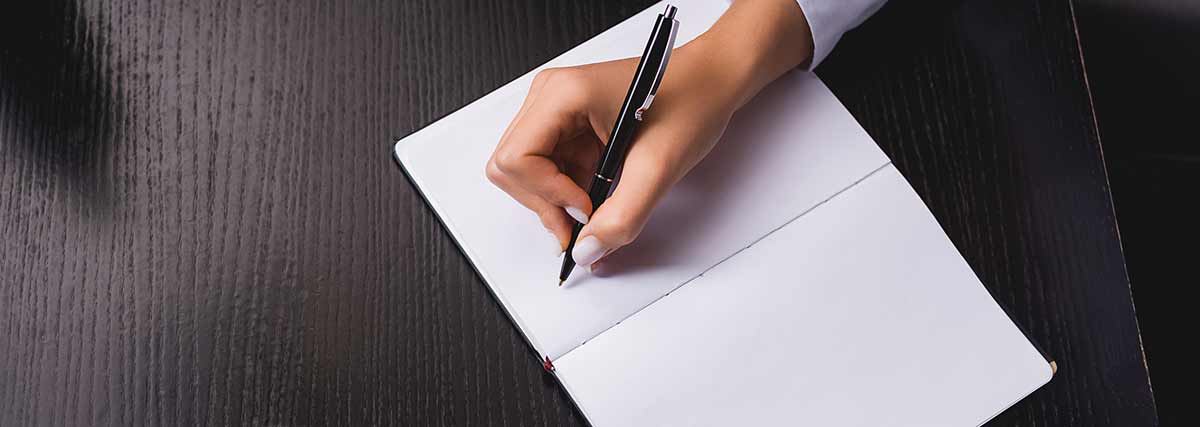1) Keep working on the Basics
“The minute you get away from fundamentals – whether its proper technique, work ethic, or mental preparation – the bottom can fall out of your game, your schoolwork, your job, whatever you’re doing.” Michael Jordan
The basics indeed are what seem dull, and in every walk of life, you want to get the best, exciting part but being the best at the fundamentals is the drive and foundation of all the other successes. Chords, warm-up, slow drill, slow playing all these elements will improve your game. Remember, be careful not to fall into the famous trap to practice your piano piece so much that you neglect technical exercises and sight-reading.
2) Have Specific Goals
As tempting as it is to go and play, it is vital to plan before you sit down and practice. Each week, set out objectives for when you will practice, for how long, and then review it each day- this can be done for the rest of your life goals too. Be specific; use the Acronym SMART to plan your goals.
- Specific– what do you want to achieve exactly
- Measurable– goals should all be measurable
- Achievable– can you achieve this realistically
- Relevant– should be relevant to your overall goals
- Time-Framed– set yourself a deadline
3) Practice Every Day
The frequency of practice enhances long-term memory. Far better to do 10 mins 7 days a week than 1 hour once per week. The frequency of repetition is the magic that sets the foundations in your memory. Each time you practice, your mental and physical recall of information stays longer (see Figure 1). If you wish to become a great pianist, you need to learn the discipline of daily practice. Sonja Joubert recommends at least 20 minutes each day to get proficient.
4) Focus on the tough stuff
Spend time on what you cannot do and turn fear into confidence.
It is crucial to divide your practice sessions into equal parts to make genuine progress and become a well-balanced pianist. This type of training is known as deliberate practice and makes you better faster. Whether you are a top-level pro athlete or a high performing musician, it is intentional practice that improves you. Imagine two pianists; one plays songs he knows well; the other does 10 mins of strict application on finger technique that is a challenge for her. Who will get better faster? I remember seeing a documentary about Roger Federer, and he was practicing at the absolute threshold of his limits to raise his performance level. He wasn’t merely hitting shots that were easy for him; he was continually trying to raise his game and pushing his limits. Ask yourself; what are your limits?
5) Write it
Remember how far you have come, not just how far you have to go. Rick Warren
Record what you have done. See your progress.
What gets measured gets managed. Recording your progress and seeing where you are working also illuminates any areas that are being neglected and gives you something to create a plan. Suppose you register, for example, that you are struggling with a particular element of sight-reading – In that case, you know to program this into your next session.
6) Slow It
Muscle memory, learn it right the first time, don’t be tempted to rush it. It’s the journey, not the end. If you don’t have time to get it right, you will have to make time to do it over. Speed up too quickly, and you can get some bad habits that may not appear too obvious as you are beginning, but later, when you develop your skills, you will have to spend time re-learning old habits (which is much harder than starting from scratch correctly.
7) Break it Down
Do you tend to play through whole songs are your practice? Starting at different sections of a piece provides a better grasp of the music rather than playing automatically from the beginning or play both hands but read out the notes from one. Challenge your brain to break up the autopilot of your playing.
8) Use a Metronome
“The music is not in the notes, but in the silence in between” Mozart.
To play the piano well, you have to take care of your technique and sound. In addition to this, you will need to strengthen rhythmic command. World-class pianists and musicians often state that timing (alongside improvisation and interpretation) is the most challenging aspect of music to master, so always work to improve your timing. How fast you play is not essential; what makes the sound is music’s rhythm, and this a masterful art to practice. To practice the metronome, Stefan Joubert often focuses on slow metronome practice at 40bpm, enhancing rhythmical discipline.
9) Get better Away from the instrument
Visualise yourself playing successfully. Hear the music in your mind
In the head, one can practice almost anything. Many of the top athletes of the world use visualization to master their craft and enhance performance.
a) Recap in your mind: Very simple – whatever you learned recently, remind yourself of it while you’re alone somewhere, whether that be a new chord voicing, a new scale, or a fresh jazz lick. Recapping is especially important IMMEDIATELY AFTER you learn something new, enhancing the learning curve.
b) Learn music theory. OK, this is technically studying, but the power of musical theory is like the grammar of a new language- the more you know, the more comfortable it becomes to speak the language correctly- it’s the same for music!
10) Accentuate the positive
As in anywhere in life, it’s necessary to be honest with yourself about your development areas but be confident with what you are doing. When you get frustrated, don’t say, “I will never get this,” say, “I can’t do this yet, but I will.” It can be a frustrating feeling like you are struggling with something but remember where you have come from and the fact. Remember that even in the most disappointing reaction after a lesson, there is some improvement there. It takes time for the mental architecture to remain there.
Remember; “Practice with your fingers, and you need all day. Practice with your mind, and you will do as much in 1 1/2 hours.” Leopold Auer











